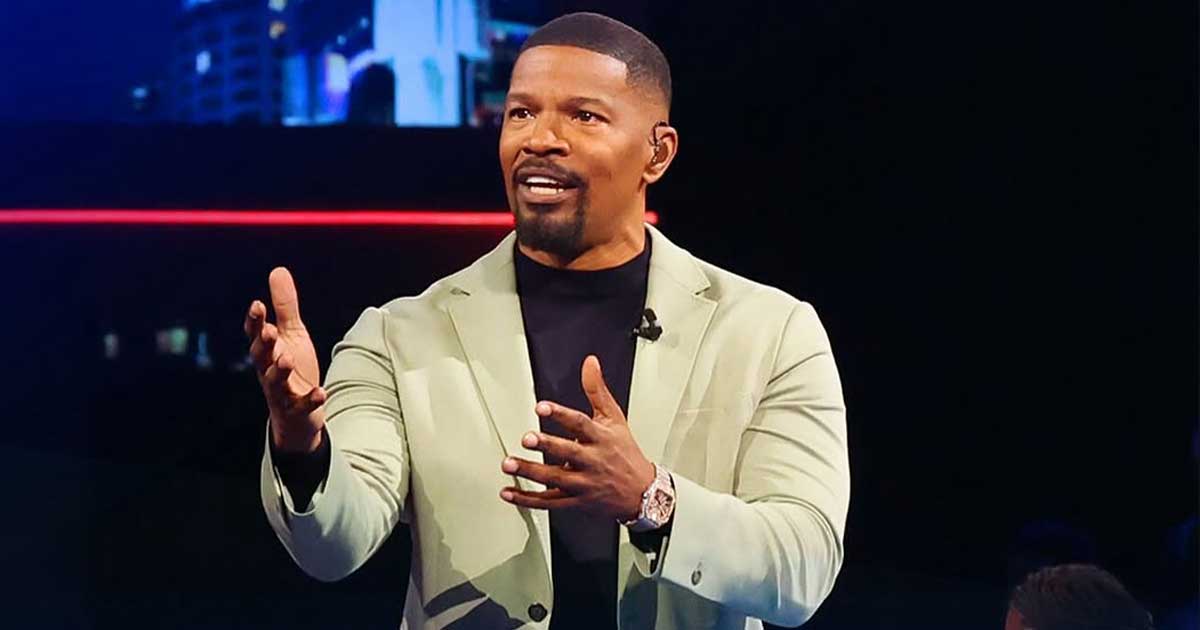From cleaning gutters, burning off, mowing longer grass, having and knowing our fire plan and replenishing our emergency fire kit, this is what spring looks like.
Our emergency fire kit is filled with practical items that will help safeguard our lives should a fire break out – changes of clothing, toiletries, a mobile phone charger, medicines, a first aid kit, woollen blankets, important documents such as birth certificates and bottled water – all specified within the CFA’s guidelines and stored inside a large overnight bag that can be quickly thrown in the car. We also have carriers, food and water for our two cats in case we need to leave quickly.
The Otways bushfire burnt through more than 700 hectares in November.Credit: Nine
Alongside this is another kit – one my daughters and I call the survival kit for the heart.
This tub is filled with a range of items and mementos from important people and times in our life – a hard drive with photos, significant pieces of jewellery (including my late aunt’s gold and ruby ring), handwritten journals, baby books, a teddy bear from my childhood, comforters my daughters used when they were younger.
For some people, these mementos may be considered “stuff” – unimportant, unnecessary and replaceable. For others like me, this is more than “stuff”, it is the opposite.
Loading
“Personal items often hold memories, connections to loved ones, or symbols of identity,” says Dr Rebecca Ray, a clinical psychologist and author.
“They help ground us … evoking emotions and providing a tangible link to the people, places, and experiences that shape who we are.”
And if the worst does happen, and a home or even a loved one is lost, Ray says that sentimental items can play a significant role in helping survivors emotionally recover from the trauma.
“Having even a small keepsake can offer a sense of continuity and grounding amid the chaos of loss. These items can provide comfort, remind someone of their resilience and help them focus on what is still meaningful as they rebuild their lives,” she says.
On the flip side, Ray says that the absence of sentimental items can amplify feelings of loss and disconnection, potentially making grieving more challenging. When people lack physical reminders of their past, it can delay their ability to process and find closure.
While I hope my family is never in a situation where we need to use our survival kits, what is reassuring is that, if we are, we have both tools for our immediate safety and, in the longer term, items that will serve as an emotional anchor, by offering comfort, stability and a sense of continuity that makes these sentimental items significant and irreplaceable.
Shona Hendley is a freelance writer based in Victoria.
Get a weekly wrap of views that will challenge, champion and inform your own. Sign up for our Opinion newsletter.







